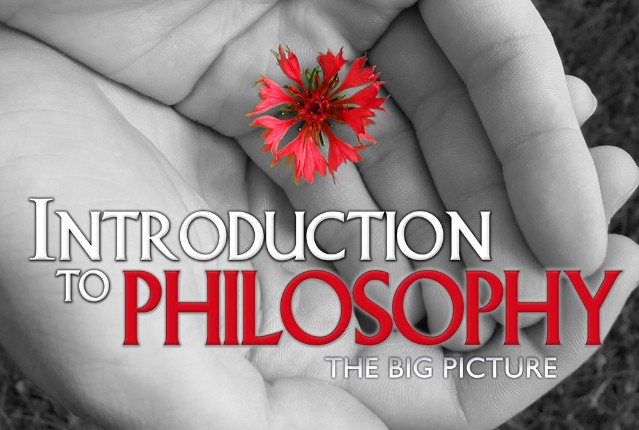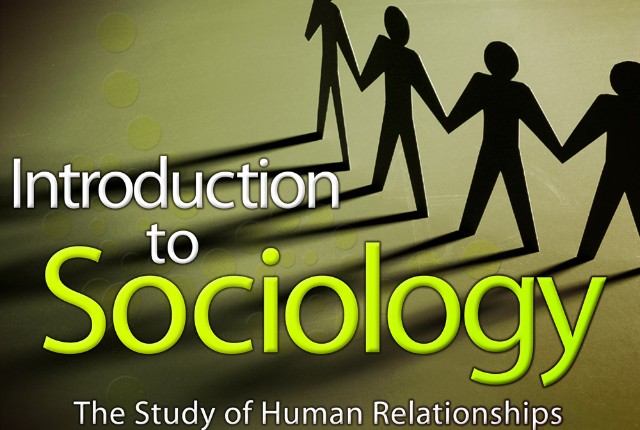Ancient Greek philosophy remained popular in Europe during the first few centuries AD, when the Roman Empire was at its peak. Then, in the 400s AD, the Roman Empire collapsed, and Christianity spread to dominate Europe. The Catholic Church controlled virtually all thought and learning for the next 1000 years. In fact, it controlled virtually all aspects of people’s lives. During this period, which is known as the Middle Ages, the only philosophers were men of the church. Three of the most influential were Augustine, Anselm, and Thomas Aquinas. All were priests or bishops of the Catholic Church, and all were named saints after their death for their contributions to Christian doctrine. Their religious beliefs influenced the questions they asked and the assumptions they made. Through them, Christianity shaped the course of Western philosophy for a 1000 years.
What will you learn in this unit?
- Describe the rise of Christianity in Medieval Europe.
- List the main influences on philosophy during the Middle Ages.
- Explain how Saint Augustine defended the Catholic Church.
- Describe the scholastic philosophy of Saint Anselm.
- Identify the contributions of Saint Thomas Aquinas.





